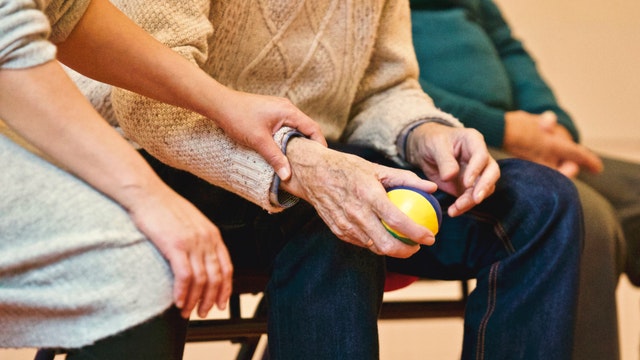Tips to Help You Spot and Confront Elder Abuse
It is an unfortunate reality that many seniors will become victims of elder abuse, and that these incidents of elder abuse add more than $5 billion per year to healthcare expenses in the United States. One report from the National Center on Elder Abuse estimated seniors lose $3 billion due to financial abuse per year.
The risk of abuse only rises for people who suffer from dementia or Alzheimer’s. The NCEA also reported that 20 percent of dementia caregivers in the United States expressed fear they would eventually become violent with the very patients they cared for. There have been international studies that indicate rates of abuse with people who have dementia falling anywhere from 34 to 62 percent.
If you have an elderly loved one in a senior living facility or nursing home, it is important to constantly be on the lookout for signs of elder abuse so you can confront the issue and protect your loved one before it gets out of hand. Here are some of the biggest red flags you should watch for.
- Signs of physical abuse: If you notice sudden unexplained injuries such as cuts, welts, sores, bruises, fractures or burns, this is one of the most obvious signs of elder abuse.
- Signs of neglect: Neglect is a highly damaging form of abuse, both physically and emotionally. Some common signs of neglect include malnourishment, a lack of basic hygiene, a lack of clean clothing, frequent lack of supervision, bedsores, a filthy or hazardous living space, a living area that does not have adequate utilities or facilities or general withdrawn nature.
- Signs of financial abuse: Financial abuse is another extremely common form of elder abuse, and while it doesn’t manifest itself physically like other forms of abuse, it is no less damaging. You might notice a lack of amenities the victim could easily afford, or them suddenly deciding to “voluntarily” give money or assets away. You might also notice unexplained transfers from a bank account or other unusual financial transactions. A sudden implementation of new power of attorney documents could also be a sign of potential financial abuse.
- Signs of emotional abuse: If your loved one is isolated, or if you notice your loved one being scared of or nervous around caregivers, this could indicate signs of emotional (or physical) abuse. A victim of emotional abuse could also become depressed, withdrawn, or be fearful of you leaving them after visits.
If you suspect an elderly person is being targeted with abuse or has been neglected, you can call 911, or contact your local Adult Protective Services Agency. You have other options available as well, including calling the ElderCareLocator or reporting the incident to a long-term care ombudsman (if the abuse occurred in a nursing home or senior living facility).
For more information about the steps you should take if you suspect a loved one is being subjected to elder abuse, contact us at Baker Law Group.




